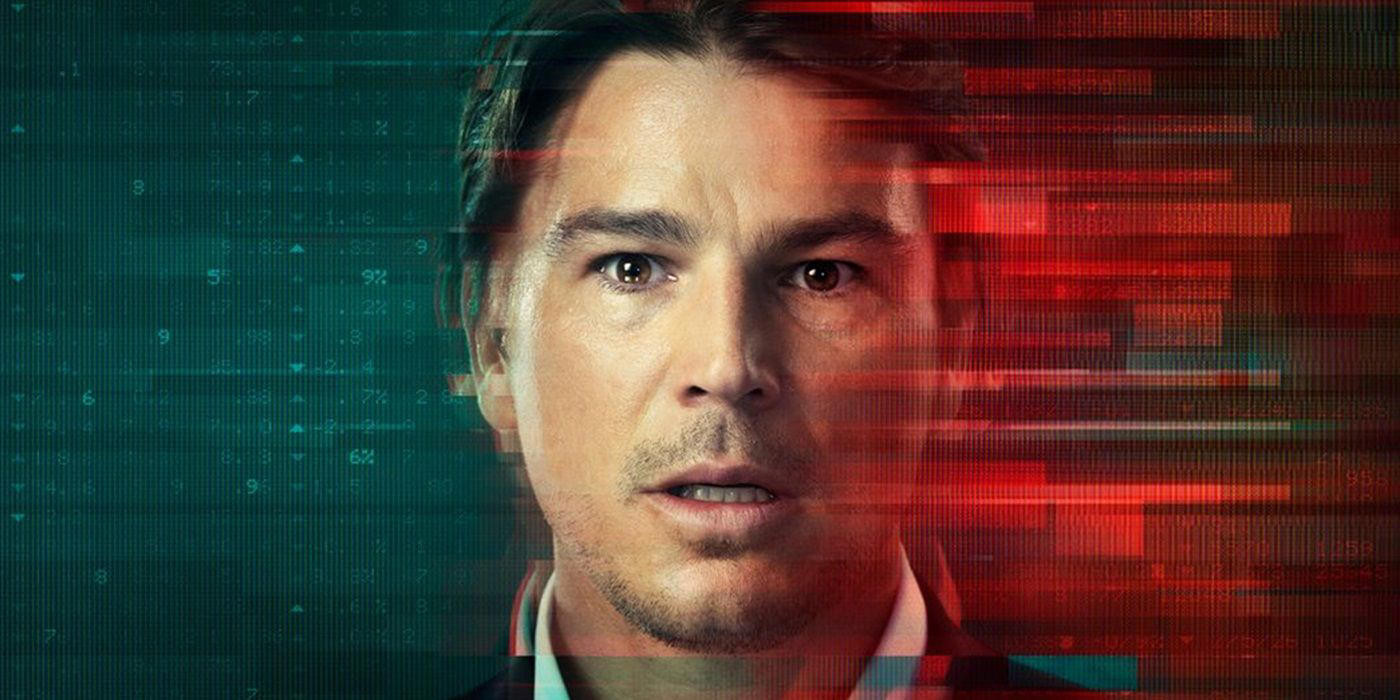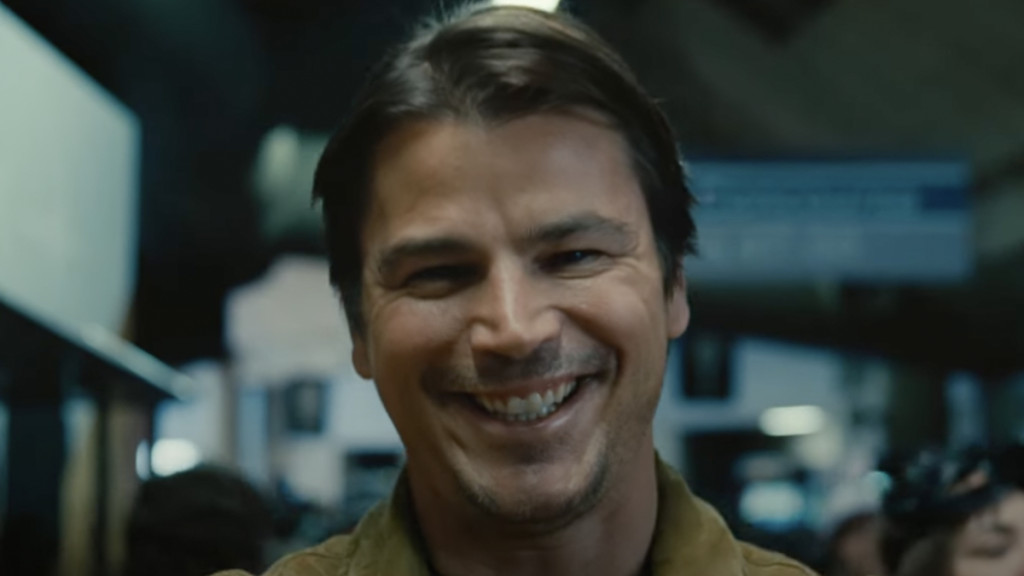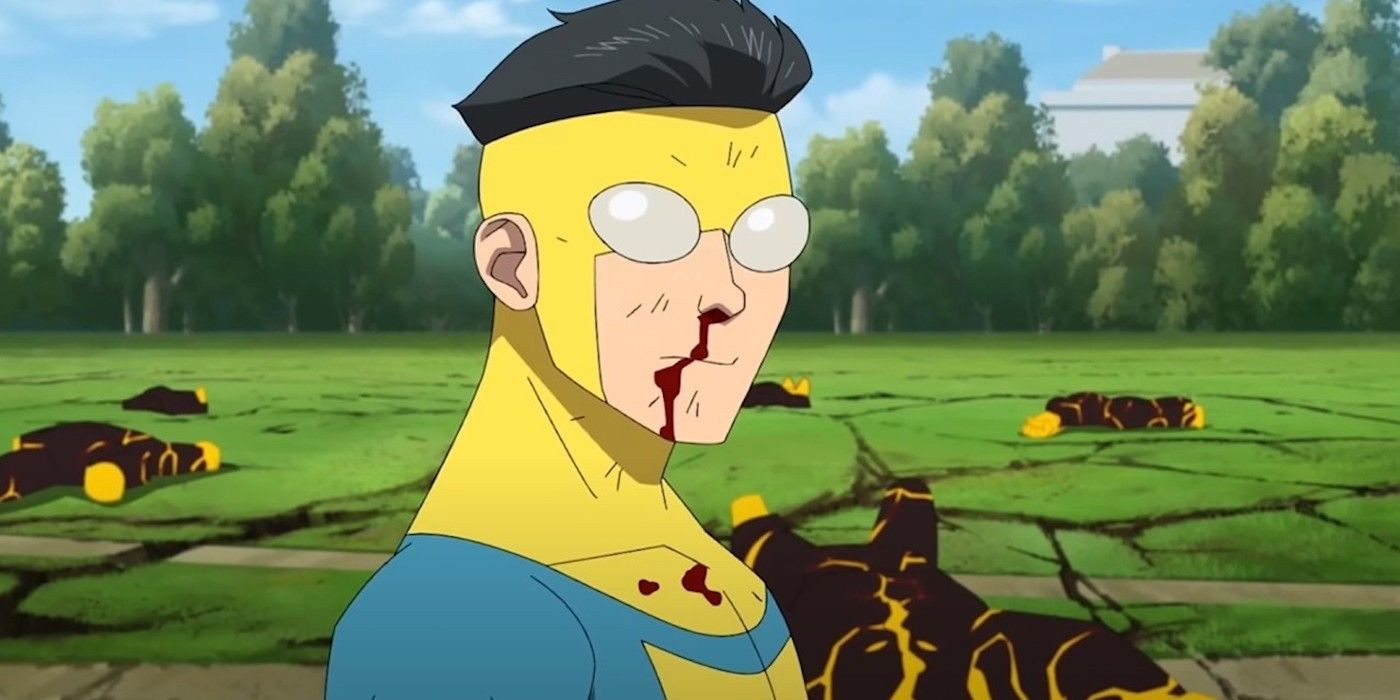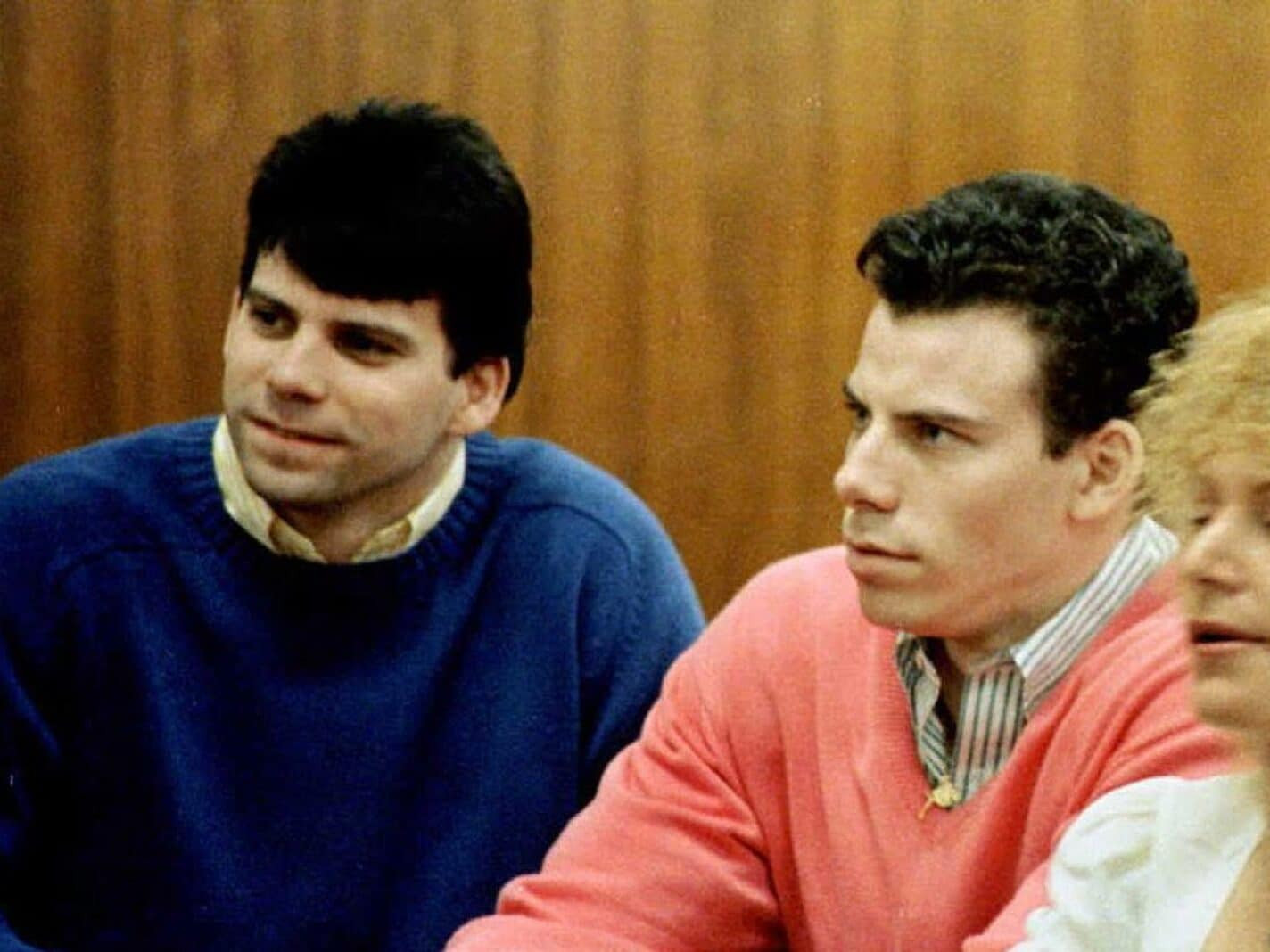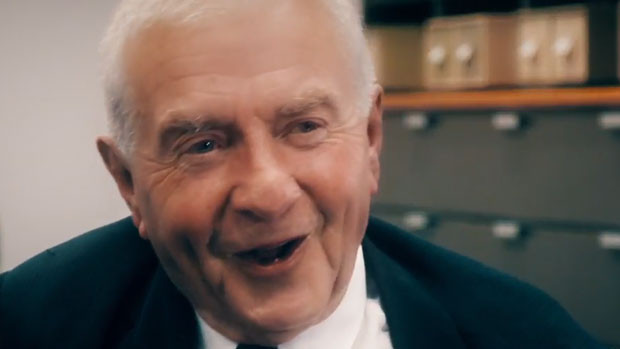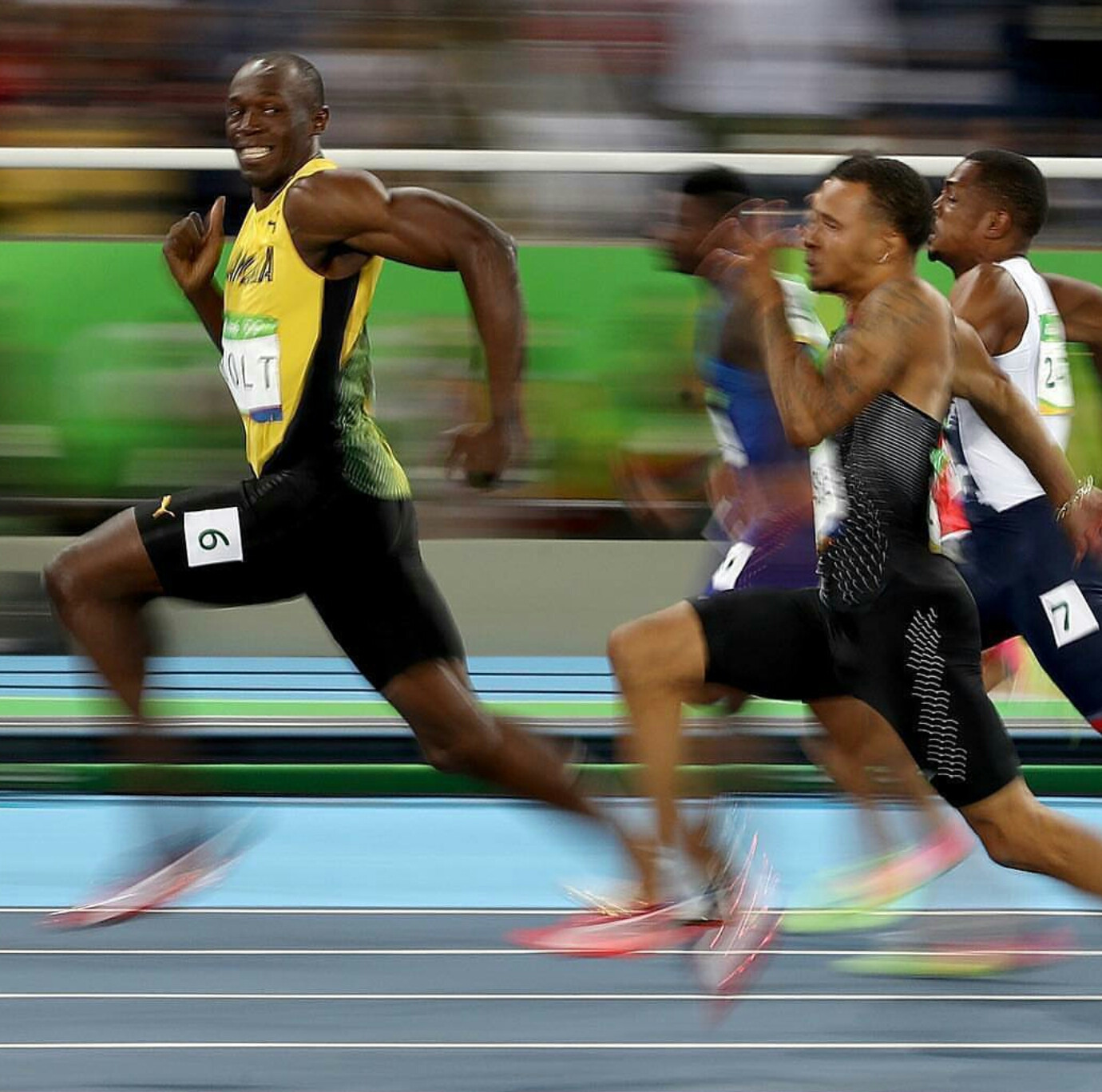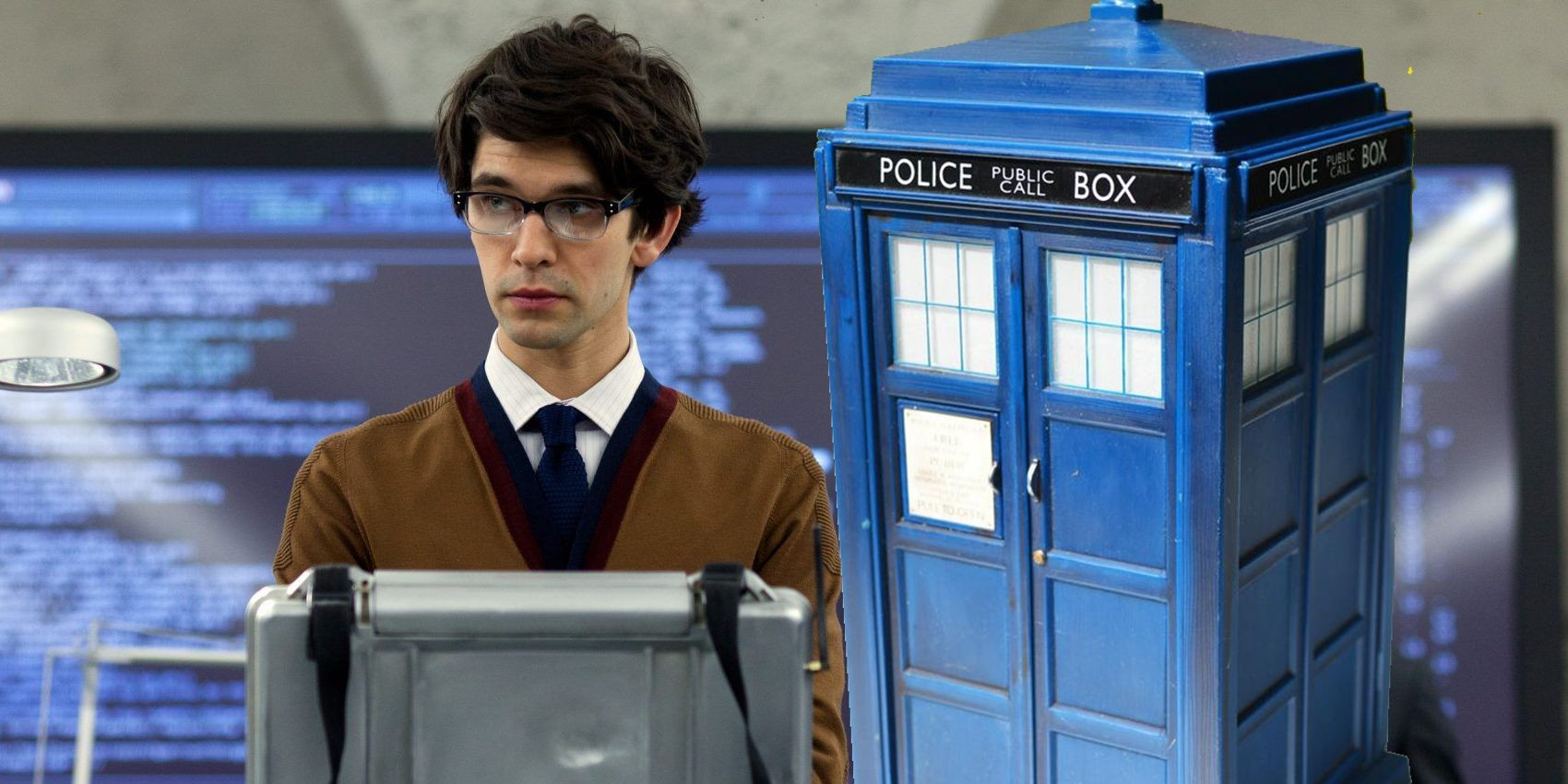In our spoiler phobic culture, movie trailers don’t often offer a lot of information. It’s even dangerous territory for a critic to discuss too many specifics, sometimes years after a film or television show has come out.
So it seemed like a particularly bold and even confusing move for “ Trap,” the latest film from M. Night Shyamalan, to reveal so much so soon. Namely, that the nice guy dad played by nice guy actor Josh Hartnett taking his teenage daughter to a Taylor Swift-like arena concert is a brutal serial killer. Not only that, the entire event has been manufactured by to trap him.
Doesn’t seem like something that a filmmaker known, or at least stereotyped, for his twists would do. Obviously there must be something else going on, right?
Perhaps that something else is that “Trap” really doesn’t take itself that seriously. It is a solidly entertaining film that’s mostly silly and sometimes unnerving. You’re not exactly rooting for Hartnett’s Cooper, whose energy is so manically enthusiastic in his casual interactions with strangers and acquaintances that it takes some getting used to. But you are drawn in enough to be ever curious about his next move.
Hartnett, fresh off a stately turn in “Oppenheimer,” is not going for naturalistic with this performance. He’s a psychopath trying, not very well, to keep his devilish side at bay. When he smiles and attempts pleasantries, it looks almost painful. His energy is intense and a little uncomfortable. If Hartnett was born just a little earlier, you could image him as part of the original “Twin Peaks” cast — even his name seems to be a nod. And here, Cooper’s supervillain power is being able to seamlessly pass as the normal suburban dad just trying to show his daughter (Ariel Donoghue) a fun time. That is soon dashed when a friendly arena employee decides to clue him in on the big plot to catch The Butcher. One thing “Trap” does especially well is exploit the ways in which a guy like Cooper — attractive, confident, white — can pass almost anywhere.
Much of the film transpires at an arena concert full of teen and tween girls obsessed with a pop star called Lady Raven, played by Shyamalan’s daughter, Saleka Shyamalan, who wrote 14 songs for the film. It’s quite the hard launch for an up-and-coming performer, but it’s an admirably bold one too. “Everyone needs a break when they’re starting out,” she says to the crowd at one point. “Trap” commits to the bit, too, making you feel like you are on the ground floor experiencing a concert in real time. But if you went in hoping for “Die Hard” in an arena, be prepared for something else.
“Trap” does have some things up its sleeve, including a solid and unexpected acting performance from Saleka Shyamalan. It also feels a bit underbaked, a ridiculous ride that’s not going to get under your skin or provide for a lot of discussion fodder afterwards.
While it’s great to see Hayley Mills, regal as ever, as the mastermind of the police operation, she’s not given much to do besides narrate. But maybe there’s not meant to be some grand there there, like some startling revelation about parenthood or marriage or pop stardom or even sociopaths. We keep wanting Shyamalan to somehow give us “The Sixth Sense” or “Signs” again. “Trap” is not either of those. This is a popcorn movie, with a surprising turn from an underrated star. And ultimately, it’s a pretty fun time at the theater.
A Familiar Face, a Familiar Theme
As a filmmaker, M. Night Shyamalan has been a household name for 25 years, starting in 1999, when he ruled the end of the summer with “The Sixth Sense.” You can basically divide the Shyamalan oeuvre into four periods. There was the era when he was an A-list visionary who some compared to Spielberg (a period that includes his finest film, “Unbreakable,” as well as “Signs” and “The Village”). There was the era when he began to lapse into self-parody (“Lady in the Water,” “The Happening”), and when the whole notion of the Shyamalan twist ending became less an entertainer’s trademark than a sign of the rut he was in.
There was the period when he left all that behind to reinvent himself as an anonymous sci-fi craftsman (“The Last Airbender,” “After Earth”). And then there was the comeback era that began with “Split” (2016), his big hit featuring James McAvoy as a chatterbox psycho with multiple-annoying-personality disorder. From that point on, the Shyamalan brand regained a kind of parody of its former luster. People were coming out to see his films again, but his A-list aura had been replaced by an unabashed anything-goes B-movie trashiness.
You go into a new Shyamalan movie assuming that it will fall into that last period, but always hoping that he’ll revert back to the Shyamalan we first fell for: the spectacular sleight-of-hand thriller artist. Yet “Trap,” his new movie, may actually herald a new period for Shyamalan. Let’s call it the so-contrived-it-makes-Brian-De-Palma’s-loopiest-flights-of-fancy-look-real era.
The Twist: A Killer in the Crowd
For about half the film, we’re watching a movie in the genre of De Palma’s “Snake Eyes”: a real-time thriller set in a crowded performance arena, where a giant entertainment event is both center stage and the drama’s elaborate backdrop. The event, in this case, is a concert given by Lady Raven, a pop superstar (played by Shyamalan’s daughter, Saleka Shyamalan) who’s a kind of mashup of Lady Gaga and Olivia Rodrigo. Her songs are pulsating and catchy (Saleka Shyamalan wrote them, and they’re pretty damn good, as is her performance), inspiring her fans, who are mostly teenage girls, to sing along with every word and to scream at nearly every moment in awestruck Beatlemania.
One of those fans is Riley (Alison Donoughue), a winsome middle schooler who has come to the concert, at Tanaka Arena, with her father, Cooper (Josh Hartnett). He’s trying to bond with her by playing up the “I’m a hip dad!” enthusiasm as he shepherds her to her dream concert. But he’s trying too hard. When he drops a word like “jelly” (for jealous), it’s cringe. And though he’s gotten them seats on the floor (in the 44th row), her friends — or, rather, the cool girls who were friends with her last week, until they weren’t — have better seats. In the perpetual reality competition show that is middle-class domestic life in the 21st century, that means that Cooper has done his job just…okay.
Hartnett, who exudes star quality (he always did), imbues the character with an overeager sweetness that draws us right in. At least, it does until Cooper goes for a bathroom break and takes out his cell phone…to check up on the victim he has got imprisoned in a suburban basement somewhere. Not exactly the movie we thought we were watching. But yes, we’ve seen this movie too.
Warning: This is not a spoiler — it’s the very premise of “Trap.” Cooper is a serial killer known as the Butcher. He has 12 victims, each of whom he has left cut up in pieces. There’s been a manhunt to catch him going on for seven years. But now the authorities, led by a veteran FBI profiler (played by the British former child actor Haley Mills), have sprung the ultimate trap. They have learned that the Butcher is going to be attending Lady Raven’s concert. And so they’ve surrounded Tanaka Arena with S.W.A.T. team members; no one can get out. There are 20,000 people attending the concert, 3,000 of whom are adult males. The authorities have various (conflicting) clues about the killer from surveillance footage (they’ve never seen what he looks like), and one possible clue: an animal tattoo. They know the Butcher is at the concert. Their agenda is to uncover him.
Right away, though, you may think: How, exactly, are they going to do that? Serial killers are notorious wizards at eluding the police. They’re all about anonymity. Is the FBI going to interrogate each of the 3,000 men at the concert before they leave? That would take three days. Or is the profiler, with that sixth sense of hers, going to somehow know who he is?
The High-Stakes Chase
Cooper learns about all of this from a T-shirt clerk at a merch counter, and from the moment he does, his agenda is to slip out of the concert. Even though, as he discovers, the only possible way to do that is by getting backstage. For a while, as Cooper does things like steal a pass key, infiltrate a police pep talk, and bicker with the mother (Marnie McPhail) of one his daughter’s fickle friends, we go with the flow of the action, even as it’s all a bit heightened in its Shyamalan Zone unreality. Josh Hartnett is such a good actor that we’re more willing than not to follow in his paces as a killer in the vein of Joseph Cotton’s treacherous Uncle Charlie in Hitchcock’s “Shadow of a Doubt.”
But then we arrive at the moment where Shyamalan, tapping out his screenplay (I have long claimed that Shyamalan the writer martyrs Shyamalan the director), comes up with a twist where someone should really have looked over his shoulder and said, “No.” It actually involves Shyamalan in a cameo appearance. He plays the uncle of Lady Raven, who Cooper just happens to run into in the middle of the concert. This allows Cooper to tell a lie about Riley having had leukemia, which is his way of getting her to be chosen as the Dreamer Girl who goes onstage to dance with Lady Raven. All of this happens…so that the film can get Cooper backstage!
A Twisted Turn of Events
Around the time Cooper engages in a private dialogue with Lady Raven in her dressing room, we’re watching a movie that has abandoned all logic and plausibility. It’s not that I don’t buy that they could have that meeting; it’s that he outs himself to her as the killer. From that point on, whatever elaborate plan he comes up with, couldn’t she just…identify him? I guess we’re supposed to say, “Aha! It’s a ride! Go with it!” But asking an audience to go with something this fundamentally farfetched borders on an insult. More to the point: It’s not fun.
The second half of “Trap” is one trap door of contrivance after another. The movie turns into a “study” of Cooper: his stealth moves, his mommy issues, his divided personality. Yes, he really is a butcher, but he’s also a family man who loves his children. Talk about a split. A movie like “The Boston Strangler” (1968) dealt with this kind of thing in a haunting way, but as the contrivances of “Trap” balloon into something almost grotesque in their borderline absurdity, the movie raises the question: How invested can we be in a high-concept serial killer whose emotions are no more believable than his escapes?
A New Genre?
Far be it from me to say Shyamalan needs further reclamation or defense––I might instead point you to the most deranged, overcompensating discourse ever waged on behalf of a director––except to argue Trap’s legion pleasures aren’t disconnected from the satisfaction of watching his specific talents meet a distinctly entertaining premise. And if not quite some turning point in Shyamalan’s oeuvre, watching it suggests a coinciding fulfillment of his earlier cultural dominance with the thoroughgoing security established since The Visit defibrillated his career nearly a decade ago. Even at a pace or two too long, while starting to coast on the pure rush of initial, stronger ideas, it’s perhaps his best-engineered work since The Village and arguably the purest piece of entertainment he’s ever made.
There is a wheat-from-chaff separation we might make between filmmakers who conjure scares and those who understand fear––as source and response, as narrative tool and character development. That knowledge stands among Shyamalan’s greater strengths, the clear distinction from fright-first, everything-second approaches often bestowed upon likewise material: recall how long it takes us to see a ghost in The Sixth Sense or an alien in Signs; to grasp the ramifications in Unbreakable and Old; what knowledge of evil is obscured in The Village, The Visit, or The Happening (a film, cards on the table, I understand less than any in the medium’s history). By these tokens Trap marks a neat experiment for Shyamalan, a reversal of dynamics, as perhaps the first of his films to almost wholly center itself with its source of fear: Cooper, known to the world as “The Butcher,” a serial killer who discovers the concert (centered on a pop sensation played by the director’s own daughter, Saleka Shyamalan) to which he’s taken his daughter is a trap to ensnare him. Where an earlier Shyamalan film would wring suspense from knowing a dangerous force is locked in the room with us, Trap puts us in the force’s shoes and sees the room through his eyes. The writer-director’s characteristic empathy comes only in dribs and drabs; instead everyone stands under a sword of Damocles from the moment we see them, written and played and (in Demme-esque camera addresses) photographed at this odd-comic register birthed from knowledge of their ignorance. Shyamalan, almost needless to say, has more than a bit of fun with these opportunities.
A Thrilling Escape
Hard-edged, cold-toned, unnervingly funny, Trap couches emotional detail in its return-of-sorts for Josh Hartnett, an actor onto whom nearly anybody born between 1980 and 1995 can project endearing memories. Such are the associations he and Shyamalan twist like a corkscrew: his genial good looks playing a credible mask, his characteristically stiff onscreen comportment enlivening this character’s sociopathy and nefarious masterminding, and Hartnett folding a Shake Shack napkin as assuredly as Cooper plunges his thumbs into a victim’s eyes. More than any precise camera set-up or (in a premier effect courtesy of DP Sayombhu Mukdeeprom) elaborate lighting scheme emanating from the concert stage, Shyamalan seems to have the most fun forcing us into Cooper’s POV at every moment and making a structuralist game from any of his myriad walks through the venue––every room a new piece of cleverly doled exposition, each spring-loaded interaction and close call a new opportunity to increase volume until the next scenario only ratchets proceedings higher, higher, higher still.
There’s an inevitable capacity for Trap‘s stakes and tensions. The unfortunate precedent is Shyamalan’s recent films suggesting a storyteller who forgot his ending mid-tale, their climactic scenes insinuating an improvisation that tries (but fails) to bear resonance with what’s come before. Trap’s first two-thirds are so potent a source of pleasure that the risk of derailing is its own cat-and-mouse game between creator and viewer. And towards second act’s end comes the POV switch––a sequence hinging upon quick decisions fulfilled by a small collection of shots––that climaxes, largely and brilliantly, through off-screen action and muffled sound; and where this pivot engenders admiration for its audacity and success, the ensuing time does more to restate potential than fulfill it, coasting on a high instead of continually innovating.
The Final Act
But great artists know how to make transactions, to persuade us each choice is in service of their broader vision, and as Shyamalan gambles his climactic sequence on a revelation so absurd that even in-the-moment excitement can’t bulwark such implausibility, this narrative choice also services a 100-minute trend of unpredictability. Thus the coda: what would nearly always be leaving the door slightly ajar for a sequel, or at least prove a canny “gotcha” moment, plays less certain. It feels as though Trap will simply keep running and Shyamalan’s ended our time in a split-second decision.
Whether Hartnett’s Cooper is a new fixation à la Mr. Glass or he’s simply offering a cheeky wink-nod or (as some overburdened Letterboxd review will inevitably insist) he wants to suggest cycles of violence, these final moments are a nifty means (however intentional) to justify slight distension. Were it not so, Trap’s initial powers, still, could hardly diminish. They’re at least enough not to earn askance glances when M. Night Shyamalan’s next film arrives.
“Trap” is now in theaters.




